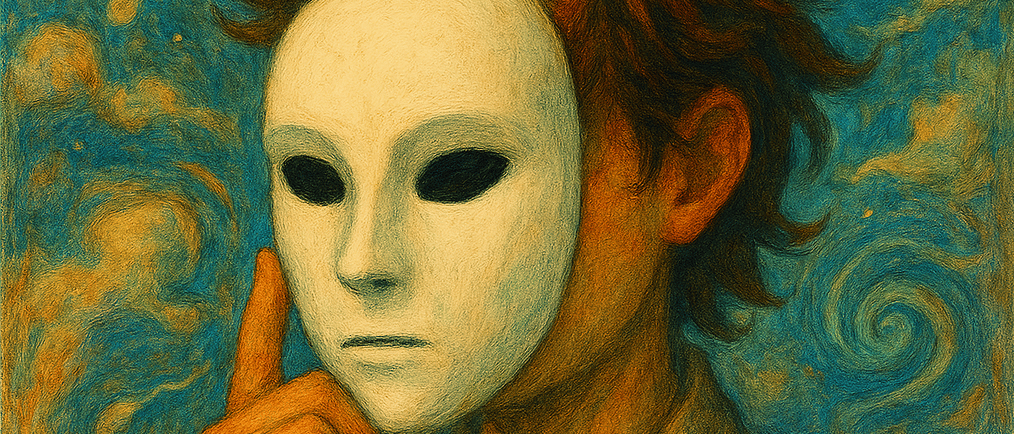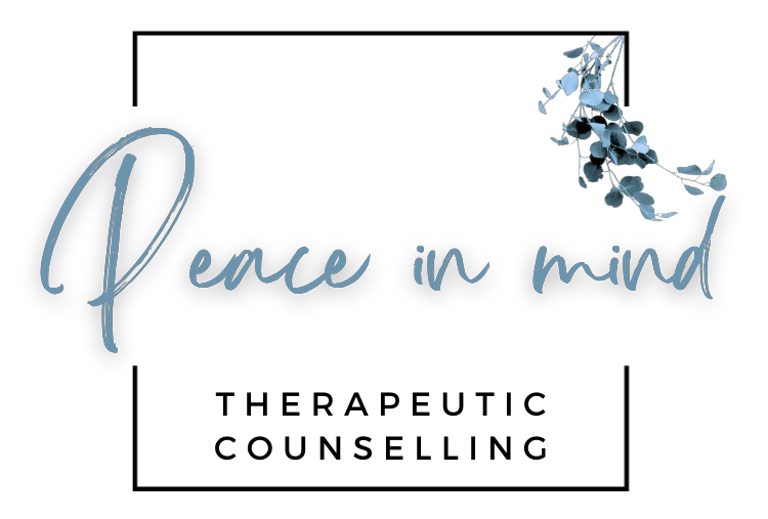
Beyond the masks
Discovering your true self in counselling
Laura Bradley
9/1/20253 min read



Masks present themselves as the things you say and do. They can often form patterns of behaviour that develop over years. They can link back to the things you saw, heard and experienced in childhood, shaping how you navigated the world growing up.
Here are some of the masks you might find yourself wearing:
The people pleaser mask
When wearing this mask, you often agree with other people, put others first, do things based on other people's opinions and seek approval or praise. Wearing this mask regularly can end up with feelings of resentment because your own needs aren't being met. Or you may even struggle to know what your own opinions and decisions are.
The perfect mask
Wearing this mask, you present the image of having it all together and doing things to the highest standard. Wearing this mask regularly can lead to a fear of failure and beating yourself if something doesn't turn out 'perfect'. It can also make it hard to ask for help when you need it.
The strong mask
Wearing this mask, you become emotionally impenetrable, showing strength at all costs, presenting an image that you are tough. Wearing this mask regularly can make it difficult to show emotions and be vulnerable, as this could represent 'weakness' or make you feel unsafe.
The joker mask
Wearing this mask, you're easy-going, keep things light and goof around. You're fun to be around and don't take life too seriously. Wearing this mask regularly can lead to hiding your real emotions behind humour, using it to cope in uncomfortable situations.
You may only wear one mask, or you may have multiple masks, changing them around depending on who you're with or what the situation is. They can sometimes be useful, forming a protective shield to survive difficult situations and meet societal expectations, where it perhaps doesn't feel safe to show the real you.
But what happens when you have the mask on for too long? It can get heavy and feel exhausting. The mask can end up becoming your default identity, making it hard to remember who you are underneath. Your decision-making can end up being driven by the mask, driven by what others expect to see you do, rather than what you actually want.
Is it time for you to wear masks less often, or perhaps remove some of them completely?
Counselling can offer you the chance to gently remove your masks (or at least peek beneath them) and reconnect with the real you. Here are some ways in which we could work together, with a focus on your masks:
A safe space for the real you to be seen and heard
There's no need to perform here. You can bring your true thoughts and feelings, without judgement. You can try out what it's like to remove the masks, even for just a small amount of time.
Exploring what's underneath
Together we can uncover the emotions, needs and values being hidden behind your masks.
Choosing what to keep and what to change
Some masks may be worth keeping or adapting. There may be some you want to get rid of completely, but you may need time to build up to that.
Finding a balance where the real you can make more of an appearance
Once you know what's underneath the masks and if there are any that are useful to keep for certain situations, we can work on finding a balance. We'll acknowledge and celebrate the times when you reveal the real you, when you make decisions for yourself and when you feel safe to be seen without a mask.
If you'd like to talk about how counselling might help you explore your masks and what's underneath them, book a free consultation call.


